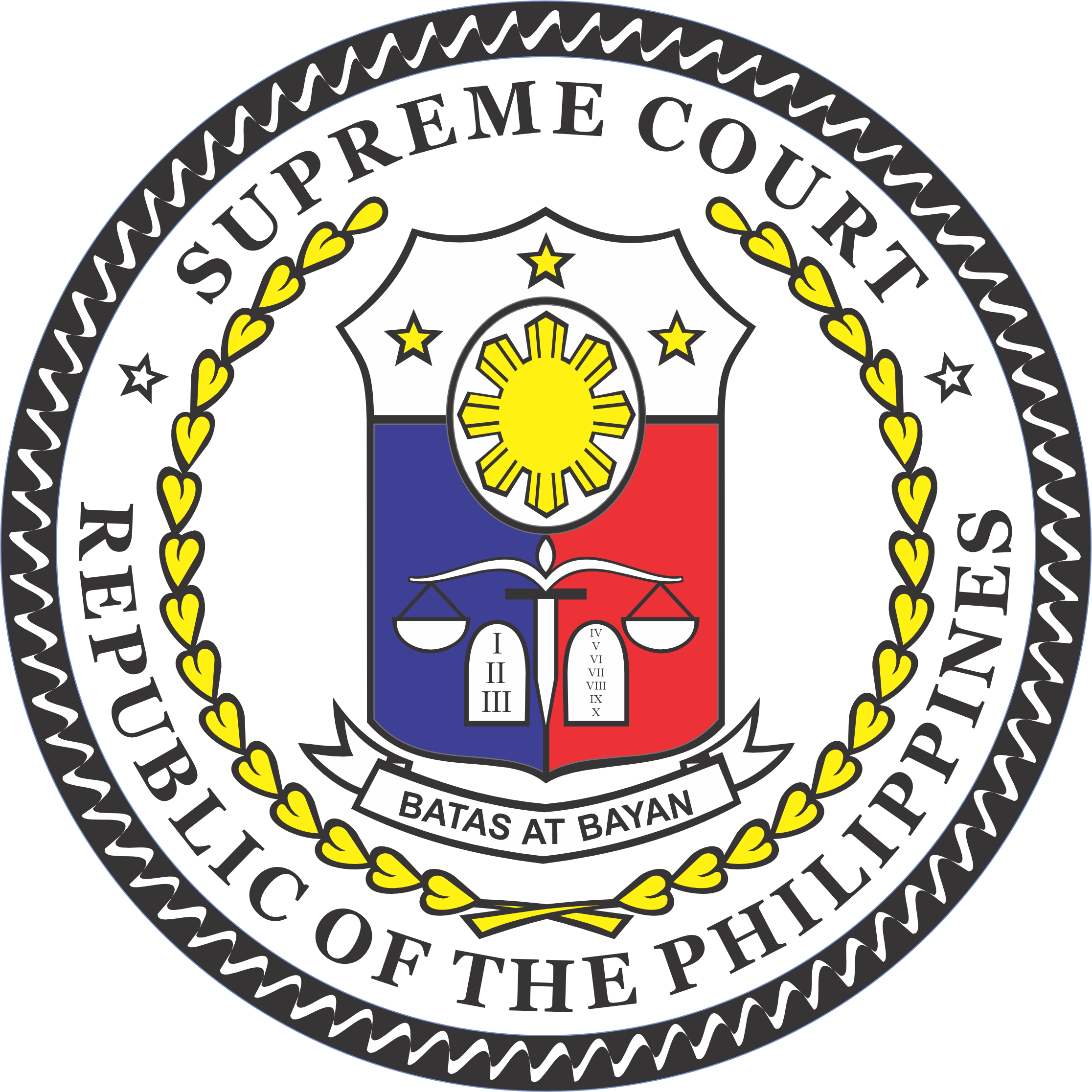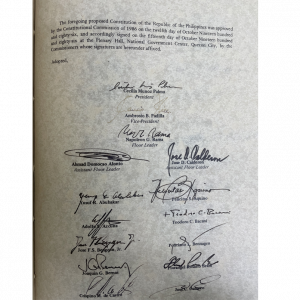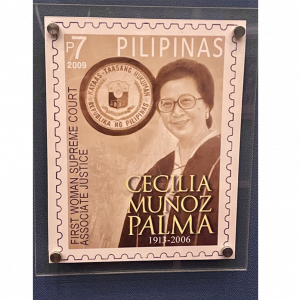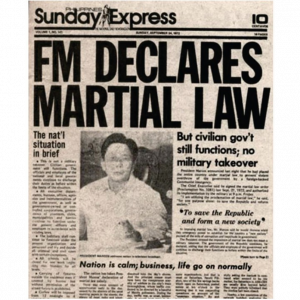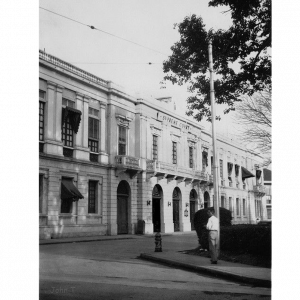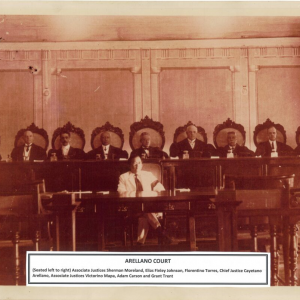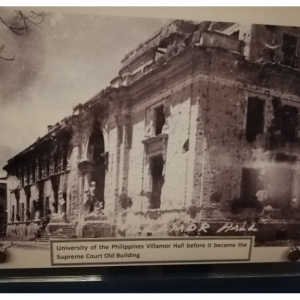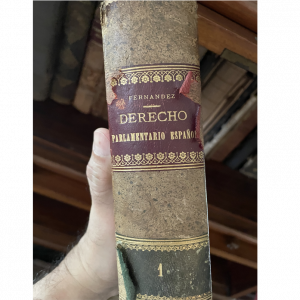SC: Unknowns, Unaffiliated are Not Nuisance Candidates
September 10, 2022
The Supreme Court has ruled that unpopularity and non-membership in a political party are not sufficient grounds to declare one a nuisance candidate.
In a 20-page Decision penned by Justice Amy C. Lazaro-Javier, the Supreme Court En Banc partly granted the Petition for Certiorari filed by Norman Cordero Marquez assailing the Resolution of the Commission on Elections (COMELEC) which declared Marquez a nuisance candidate and canceled his Certificate of Candidacy (COC) as senator for the May 9, 2022 National and Local Elections. Marquez’s prayer for the inclusion of his name in the official ballots, however, was declared moot with the conclusion of the 2022 Elections and the proclamation of the senators-elect.
On October 1, 2021, Marquez, co-founder of animal advocacy group Baguio Animal Welfare, filed his COC as senator for the 2022 Elections. The COMELEC Law Department subsequently filed a petition to declare Marquez a nuisance candidate, finding him without bona fide intention to run for a national position because he was “virtually unknown to the entire country” and lacked “the support of a political party.”
On December 13, 2021, the COMELEC’s First Division ruled against Marquez and declared him a nuisance candidate, holding that Marquez had the burden to prove and failed to show that he is “known well enough nationwide.”
The COMELEC’s First Division also held that Marquez cannot invoke the Supreme Court’s ruling in his previous case in 2019, Marquez v. COMELEC, where the Court ruled in his favor. In the 2019 Decision, the Court nullified the COMELEC’s declaration of Marquez as a nuisance senatorial candidate in the 2019 National and Local Elections, holding that the COMELEC cannot conflate the bona fide intention to run with a financial capacity requirement.
However, in the present case, the grounds for Marquez’s nuisance status are different; hence the 2019 ruling is not applicable, held the COMELEC.
This was affirmed by the COMELEC En Banc on January 3, 2022 when it denied Marquez’s Motion for Reconsideration, prompting Marquez to raise the matter to the Supreme Court.
Marquez also prayed for a Temporary Restraining Order (TRO) against the COMELEC which the High Tribunal granted on January 19, 2022, enjoining the COMELEC from implementing its assailed resolutions. However, the COMELEC proceeded with the printing of official ballots where Marquez’s name was not included.
While Marquez’s case has been mooted by the conclusion of the 2022 Elections, the Supreme Court found it necessary to resolve the matter since the same situation may recur in future elections.
In resolving Marquez’s petition, the Supreme Court found that the COMELEC committed several errors.
First, it shifted the burden on Marquez to prove that he is not a nuisance candidate, a burden supposed to be borne by the COMELEC Law Department which made the allegation that Marquez did not possess bona fide intention to run for senator. However, the COMELEC Law Department failed to substantiate its claims.
In contrast, the Court considered several indicators of Marquez’s serious intent to run:
- His COC is a sworn document declaring his candidacy;
- This is not the first time he filed a COC;
- He has a Program of Governance in the event he wins;
- He exercised utmost vigilance in the protection of his candidacy;
- After he was declared a nuisance candidate in the 2019 Elections, he availed of judicial remedies to assert his right, and prevailed before the Court; and
- After his 2022 Elections COC was canceled again by the COMELEC, he raised the matter before this Court to protect his interest.
The Court also noted that it is contrary to human experience that a candidate would go through such a rigorous process, not once, but twice, if he or she has actually no intent to run.
The COMELEC likewise contradicted the Court’s 2019 ruling in Marquez v. COMELEC. By regarding Marquez’s lack of political affiliation as inability to conduct an election campaign and equating this to lack of bona fide intention to run, the COMELEC effectively imposed property qualifications on aspirants, which the Court had proscribed in the precursor case.
The Court further stressed that a candidate is considered to have bona fide intent to run when he or she can demonstrate seriousness in running for office. Neither the law nor the election rules impose membership in a political party as a requirement on persons intending to run for public office, held the Court.
The same is true for unpopularity, since it is not among the grounds for declaration of a nuisance candidate under Section 69 of the Omnibus Election Code. Hence, the COMELEC erred in using Marquez’s status of being virtually unknown in the entire country to exclude him as candidate.
“Declaring one a nuisance candidate simply because he or she is not known to the entire country reduces the electoral process—a sacred instrument of democracy—to a mere popularity contest. The matter of the candidate being known (or unknown) should not be taken against the candidate but is best left to the electorate,” held the Court.
The Court added that “nuisance candidates, as an evil to be remedied, do not justify the adoption of measures which would consequently bar seemingly unpopular candidates from running for office.”
It also reminded the COMELEC that any measure designed to weed out nuisance candidates should “not be arbitrary and oppressive and should not contravene the Republican system ordained in our Constitution.”
The Court, however, denied Marquez’s prayer to punish the COMELEC for contempt given that the COMELEC was not impelled by a desire to disrespect the High Court’s authority when the election body proceeded with election preparations despite the TRO earlier issued by the Court. Rather, the COMELEC only sought to ensure that the 2022 Elections would take place on the second Monday of May as required under the Constitution.
The Court nevertheless urged the COMELEC to adopt a practicable plan or timeline to ensure that all cases which may result in the inclusion or exclusion of a candidate from the ballot are resolved at the earliest possible time, bearing in mind that COMELEC dispositions are subject to review by the Supreme Court which also needs ample time to resolve such cases prior to election day. The COMELEC should further consider that the aggrieved party will likely seek injunctive relief from the Court which might affect the timeline for necessary election preparations.
FULL TEXT of G.R. No. 258435 dated June 28, 2022 at: https://sc.judiciary.gov.ph/29708/
